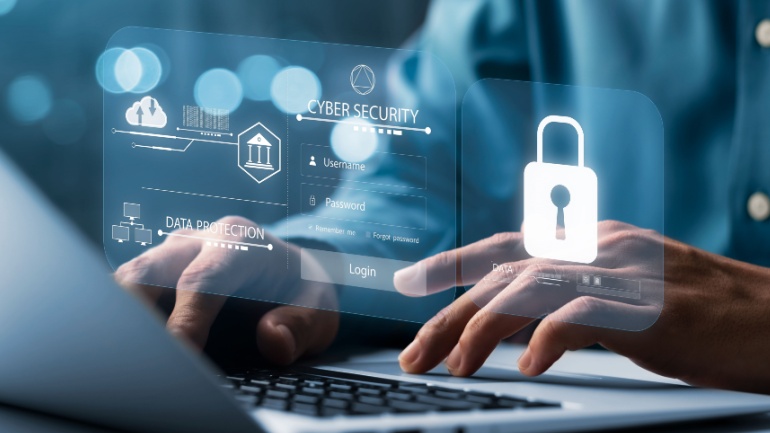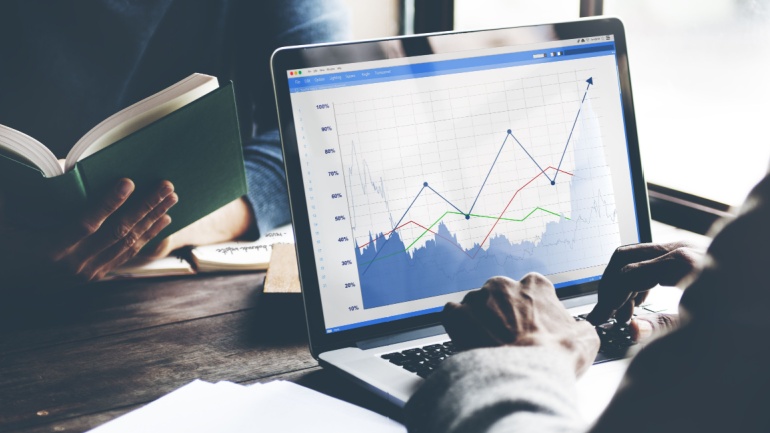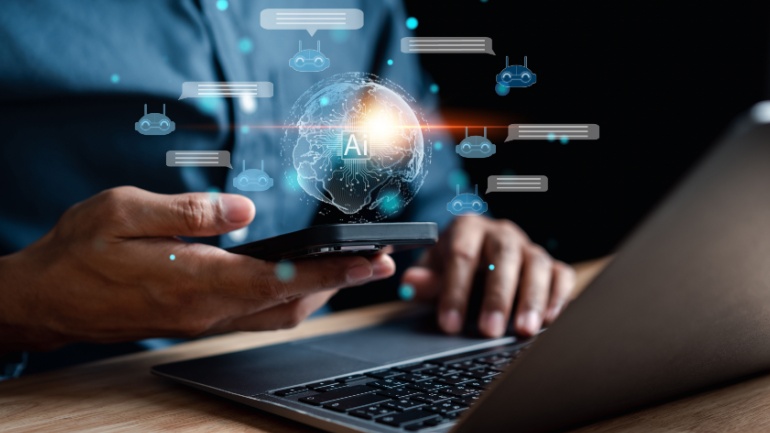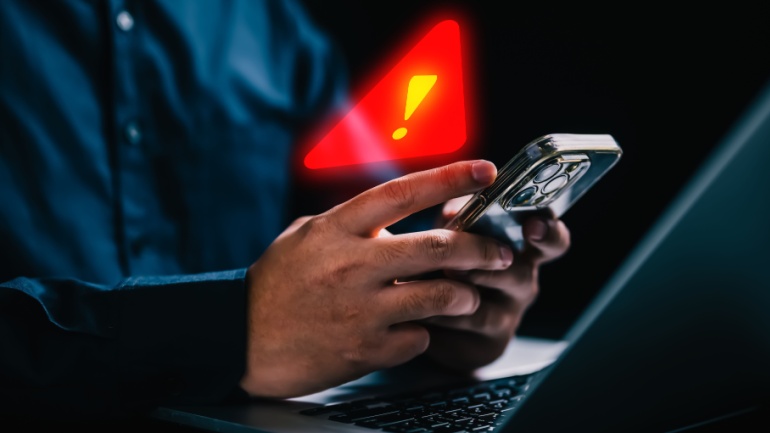Singtel, the parent company of Australian telecommunications giant Optus, has once again rebuffed rumors of selling its stake in Optus, dispelling speculation that talks with Canadian firm Brookfield have hit a standstill.
Recent global research reveals 61% of organizations still rely on manual and time-intensive methods for sharing security status updates. In response, LogRhythm, the company helping security teams stop breaches by turning disconnected data and signals into trustworthy insights, today announced its 8th consecutive quarterly release. The latest innovations to LogRhythm Axon facilitate seamless dashboard and search import/export to community repositories, bridging the communication gap.
A recent study by Juniper Research, a leading authority in telecommunications markets, has unveiled a sobering forecast for operators’ revenue derived from business SMS traffic in 2024. Contrary to previous years’ robust growth, the study anticipates a mere 5% uptick in revenue, marking a significant decline from the previous year’s 23% surge.
The latest report from Cisco (NASDAQ: CSCO) reveals a stark reality: only a mere three percent of organizations worldwide possess the necessary level of readiness to combat modern cybersecurity risks effectively. Released today, the 2024 Cybersecurity Readiness Index underscores a notable decline from the previous year, where 15% of enterprises were classified as mature in their cybersecurity readiness.
Intermedia Cloud Communications, a renowned provider of cloud communications and collaboration solutions, introduced its latest venture, Intermedia Healthcare Solutions, at the prestigious Enterprise Connect event. This groundbreaking initiative aims to revolutionize healthcare communications and collaboration through the integration of advanced cloud technology and artificial intelligence (AI).
A recent study conducted by Juniper Research, renowned experts in telecommunications markets, suggests that operators are poised to tap into revenue growth opportunities by targeting enterprise markets, particularly cellular IoT. Despite significant investments in 5G networks, operators have struggled to monetize consumer adoption of 5G, failing to command substantial price premiums over 4G services.
Amid the AI giants like Google and Microsoft, stands Amazon with its prolific investment of $2.75 billion in San Francisco’s AI startup, Anthropic. This strategic venture is Amazon’s biggest external contribution since its establishment. In return, Anthropic pledges to use Amazon Web Services as its chief cloud solution, employing AWS’s state-of-art infrastructure for their AI models. With $7.3 billion funding recently, Anthropic is galvanizing investors globally.
In an unexpected strategy shift, VEON is offloading its stake in Beeline Kyrgyzstan to CG Corp Global’s associate. The monumental telecom deal, setting the business’s value over three times its forecasted EBITDA for 2023, awaits regulatory approval. Amidst this change, Beeline Kyrgyzstan forges ahead in growth, promising patrons sustained exceptional digital solutions.
Seven Chinese nationals are under legal fire, suspected of masterminding an international hacking operation. Imagined to be APT31 Group members, they have allegedly dispatched 10,000 harmful emails, targeting critics of the PRC regime and stealing trade secrets.
Juniper Research, in partnership with VOX Solutions, delves into the increasingly critical issue of Artificially Inflated Traffic (AIT) and SMS Trashing impacting the global business messaging sector. The report divulges disconcerting figures, with fraudulent activities such as AIT significantly bolstering operational costs and potentially costing enterprises an alarming $60 million annually.













